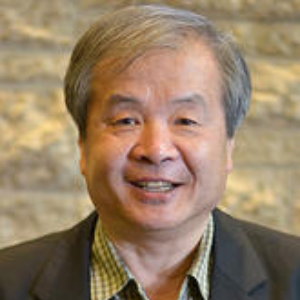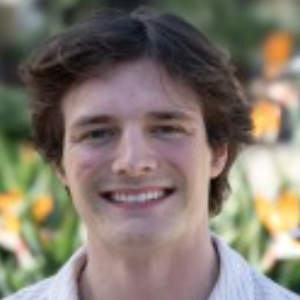Dementia 2025_ Event Postponement
This is to inform that due to some circumstances beyond the organizer control, "3rd Edition of International Alzheimer's Disease & Dementia Conference" (Dementia 2025) June 05-07, 2025 | Hybrid Event has been postponed. The updated dates and venue will be displayed shortly.
Your registration can be transferred to the next edition, if you have already confirmed your participation at the event.
For further details, please contact us at dementia@magnusconference.com or call + 1 (702) 988 2320.
Due to various study designs with variable objectives and believability, evidence on preventing Alzheimer's disease (AD) is difficult to understand. Over the last few decades, there have been significant global efforts to update and upgrade the knowledge on how to prevent Alzheimer's disease (AD), which accounts for roughly two-thirds of all dementia cases and affects up to 20% of people over the age of 80. Nonetheless, inconsistency among conclusions and varying levels of credibility resulting from the large variety of study methods are major concerns in the discipline. Prevention programming that is evidence-based (EB) comprises of interventions and policies that have been proved to be successful in preventing the initiation and continuation of substance use and other problem behaviors through rigorous evaluations.
- Pathogenesis and Clinical Features in AD
- Pharmacological Treatment

Yong Xiao Wang
Albany Medical College, United States
Nazneen N Dewji
Cenna Biosciences Inc, United States
Bin Hu
University of Calgary, Canada
James S Maniscalco
Northwell Health Staten Island University Hospital, United States
Nicholas Kendrick
Kaiser Permanente Mid Atlantic Permanente Medical Group, United States
Alford Madeline
CESPU University, Portugal
Charikleia Karastamati
University of Pavia, ItalySubmit your abstract Today
Important Alert:
X

Title : Early clinical development of modified P8 for the treatment of alzheimer’s disease
Nazneen N Dewji, Cenna Biosciences Inc, United States
Title : Who cares for the carers
Jacqueline Tuppen, Cogs Club, United Kingdom
Title : Memory should be the primary endpoint in early AD
Matthias W Riepe, Ulm University, Germany
Title : Down’s syndrome (trisomy 21) and alzheimer disease: A common medical and scientific fight
London Jacqueline, Paris Diderot University, France
Title : Quality of life children with autism spectrum disorder
Zhenhuan Liu, Guangzhou University of Chinese Medicine, China
Title : Efficacy of transcranial photobiomodulation in mild cognitive impairment and early alzheimer’s Disease: A randomized controlled study
Hyelim Chun, St.Peter’s General Hospital, Korea, Republic of